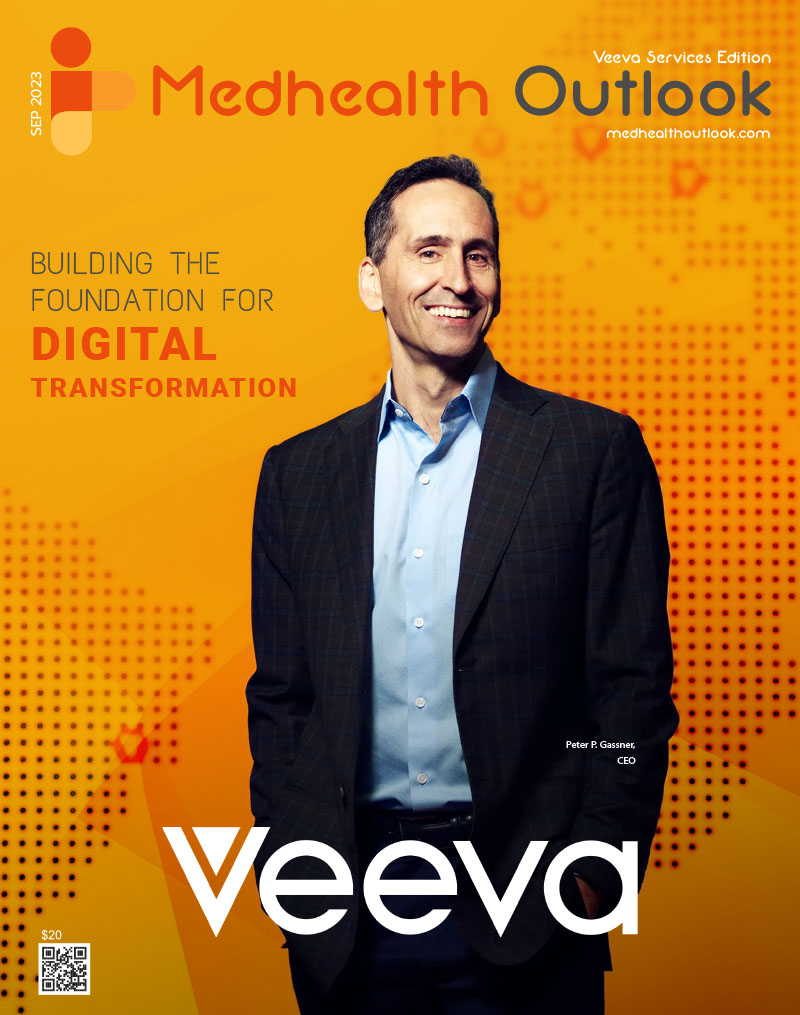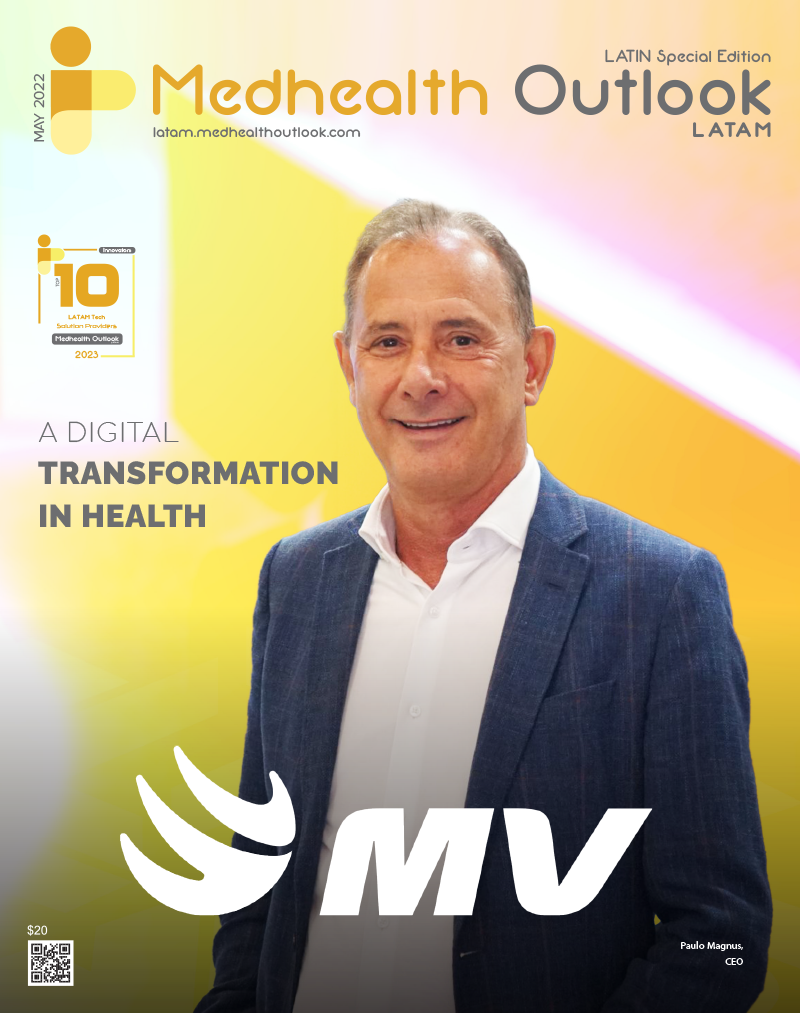The COVID-19 pandemic has been a wake-up call for public health and we faced significant challenges since the start of it, which caused millions of deaths and left millions more with long-term effects. While the world was unprepared for this outbreak, urgent actions were taken to protect populations and to learn about the virus. The global public health systems immediately implemented measures to control the pandemic and protect people. At the same time, the scientific community worked tirelessly to generate evidence and develop appropriate vaccines and treatments while working with communities to prevent, test, treat, and vaccinate.
Throughout the pandemic, we experienced a range of various human emotions and responses, from fear and panic to courage and compassion. Despite the immense toll on human life, the burnout, and the massive resignation of the workforce, the public health community persevered, gathering data, studying the virus, teaching new competencies, collaborating with academic and practice partners, communicating with the media and the public, advocating for investment and saving lives. Countless stories highlight the dedication of health professionals worldwide.
One of the critical lessons we learned is that disease modeling is a more complex process. COVID-19 never followed the path that we had anticipated. Many models were based on basic assumptions that had to be discarded quickly. It was a challenging pandemic to model due to its unexpected twists and turns. Gathering clinical data that is consistent and comparable to other data sets proved to be particularly challenging globally, making the process of data analytics and modeling very difficult. Nevertheless, several schools and programs of public health stepped in to fill the gap in data gathering and analysis of COVID-19 cases, which proved critical for policymakers making decisions in their local communities.
Another lesson we learned is that public confidence is hard to regain once lost. Many of our leaders and elected officials’ predictions about where the pandemic was heading turned out to be wrong. As with any infectious disease, the information about COVID-19 and responses evolved based on the best science at the time. This meant the messages to the public changed over time, leading to mistrust. Public health leaders needed to say from the beginning that the science would change over time, and therefore, their recommendations would as well.
We also learned that transparency, especially about failures, is critical. It’s essential that the health authorities recognize their shortcomings and failings and point out when experts stumble. We saw some of the missteps with COVID-19 re-surface when mpox arrived, along with the usual failures of data sharing among agencies, risk communication, community engagement, and chronic underfunding of public health.
In fact, the need for regular and sustainable funding for public health became increasingly apparent during the COVID-19 pandemic. With stop-and-go government funding often arriving too late to make an impact. We need sustained public health investments.
This is because public health interventions improve health outcomes and save money by preventing or reducing the burden of diseases, decreasing healthcare costs, and increasing economic productivity. According to a 2022 report by the Center for American Progress (CAP), investing in public health can result in significant cost savings for individuals and society. The report states that “one study in California found that every $1 invested in public health yields up to $88 in improved health status and benefits to society.” Investing in public health interventions is a wise decision for improving health outcomes and a smart financial decision for both individuals and society.
Some other key public health priorities to consider from all the lessons we’ve learned are:
- Vaccination: The development and distribution of COVID-19 vaccines have been one of the most significant achievements of the past few years. However, vaccination rates vary widely across the globe, and new variants of the virus continue to emerge. As such, increasing vaccination coverage remains a top priority for public health officials to prevent future outbreaks.
- Preparedness: COVID-19 has exposed weaknesses in our global public health infrastructure and highlighted the need for better preparedness for future pandemics. This includes investing in early warning systems, stockpiling critical medical supplies, and strengthening public health systems globally.
- Health Equity: The pandemic has exposed significant health disparities, with marginalized communities often bearing the brunt of the pandemic’s impact. Moving forward, public health strategies need to prioritize health equity and ensure that vulnerable populations have access to healthcare and other essential services.
- Mental Health: COVID-19 has taken a toll on people’s mental health, with isolation, uncertainty, and economic hardship exacerbating existing mental health issues. Addressing mental health needs and investing in mental health infrastructure should be a critical part of public health efforts moving forward.
- One Health Approach: The COVID-19 pandemic has demonstrated the critical importance of taking a “One Health” approach to public health. This means recognizing the interconnectedness of human health, animal health, and the environment and working together to address health challenges holistically.
These actions require an effort to bolster confidence in science and facts, advance science literacy, and prepare for the next pandemic with an integrated and coordinated approach. We must also recognize the need to transform systems and dismantle policies that perpetuate systemic racism and inequities.
Overall, the COVID-19 pandemic has highlighted the importance of investing in public health and preparedness, prioritizing health equity, and taking a comprehensive and collaborative approach to addressing health challenges. Only by working together and learning from our mistakes can we be better prepared for the next pandemic or public health crisis. It is up to us as leaders in public health and members of the public health community to act and make positive change happen.












